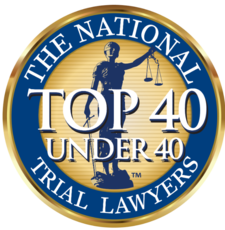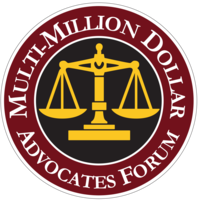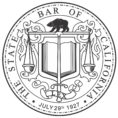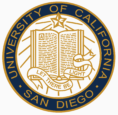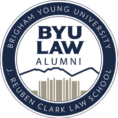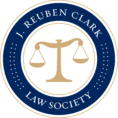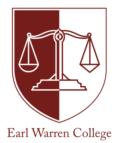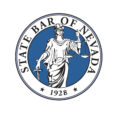Impact of COVID-19 on Wrongful Death Cases in California
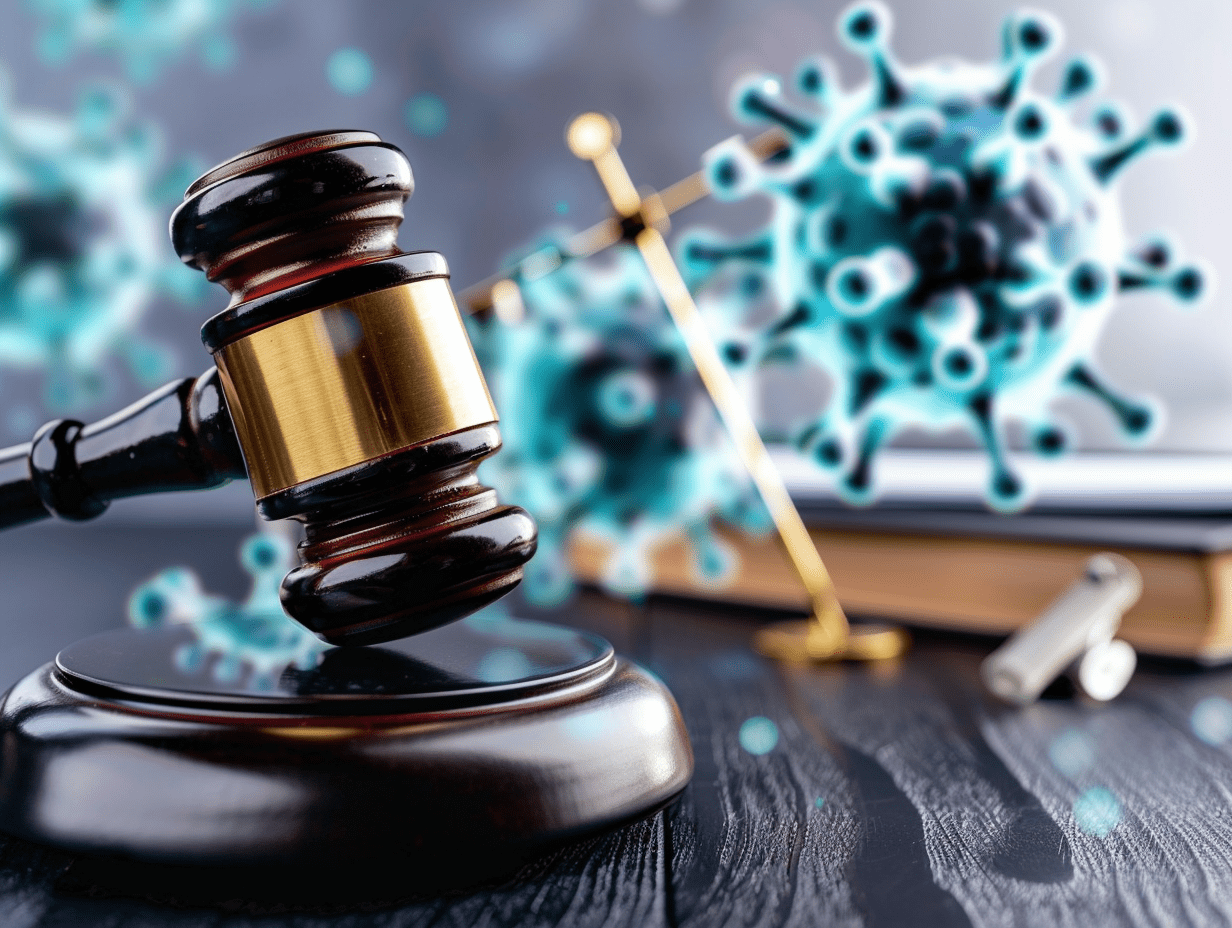
The outbreak of COVID-19 reverberated around the world, upending life as we knew it and exposing critical vulnerabilities in our social and legal frameworks. In the realm of law, particularly in wrongful death cases, the pandemic introduced complexities previously unimagined. Wrongful death claims, which seek justice for deaths caused by the negligence or misconduct of others, find new territory in the wake of the virus.
Covid-19 has reframed the conversation about duty of care, thrusting the responsibilities of individuals and organizations into the spotlight. In California, these wrongful death suits have become a navigational maze of proving causation and duty amidst a health crisis. Now, state courts are tasked with adjudicating claims that hinge on infection control practices, workplace safety, and the protections extended to nonemployees.
As this article delves into the mutated landscape of wrongful death litigation post-COVID-19 in California, it will dissect the surge in claims, the intricacies of duty of care during a pandemic, and the evolving legal standards. The focus will range from the greater burden on employers to the delicate balance health care professionals must maintain, offering a comprehensive look at the implications for all parties involved.
Overview of Wrongful Death Cases in California
In California, wrongful death cases arise when an individual loses their life due to the legal fault of another person or entity. These cases typically involve claims filed by the deceased person’s family members or a personal representative on their behalf. Wrongful death cases are a subset of personal injury law, tailored specifically to address the unique circumstances in which a fatality has occurred as a result of another party’s negligence or intentional act.
Definition of wrongful death
A wrongful death in California is defined legally as a death that results due to the negligence, recklessness, or deliberate behavior of another. Under the state’s statutes, wrongful death claims can be made when a person dies as a result of another’s wrongful act or default, which would have entitled the deceased to file a personal injury claim had they survived. This means that wrongful death suits are effectively a continuation of a personal injury claim on behalf of the deceased individual.
Purpose and objective of wrongful death lawsuits
The main purpose of a wrongful death lawsuit is to provide compensation for the survivors who have suffered a loss due to the death of their loved one. Objectives include the recovery of lost wages, lost companionship, and financial support, as well as expenses related to medical care prior to death and funeral costs. These lawsuits seek to hold the responsible party accountable and to alleviate some of the financial burdens placed on the family due to their loss.
Importance of duty of care in wrongful death claims
In wrongful death claims, the concept of ‘duty of care’ plays a critical role. It refers to the legal responsibility one person or entity has to avoid causing harm to another. To successfully argue a wrongful death case, the plaintiff must demonstrate that the defendant owed a duty of care to the deceased, that there was a breach of this duty, and that the breach directly caused the death, resulting in damages. The specifics of the duty of care can vary depending on the relationship between the parties and the circumstances surrounding the incident.
Overview of the COVID-19 pandemic and its impact on wrongful death cases
The COVID-19 pandemic has had a profound impact on wrongful death cases in California, bringing unique challenges and considerations to the forefront. The pandemic has raised questions about the duty of care, particularly in environments prone to COVID-19 infections such as healthcare facilities and workplaces. The courts have had to grapple with cases where plaintiffs claim that negligent actions, such as failing to implement adequate safety measures, resulted in COVID-19-related deaths. Notably, the case of Robert Kuciemba v. Victory Woodworks Inc. touched upon whether employers can be liable for COVID-19 contracted by an employee in the workplace, which subsequently led to the infection and death of a family member. This and similar cases have placed a new burden on employers to ensure a safe workplace during the pandemic and have sparked discussions about the intersection of wrongful death claims, workers’ compensation exclusivity, and the personal injury field’s approach to handling derivative injury doctrine.
While the California workers’ compensation system typically offers an exclusive remedy for workplace injuries, including those that result in death, the pandemic has challenged this framework, especially in scenarios that involve care to nonemployees and possible negligence outside of typical workplace safety issues. Moreover, wrongful death lawsuits involving COVID-19 must address complex causation issues, as it can be difficult to prove where and how the deceased contracted the virus. These complexities are evolving areas of law in the state as courts continue to adapt to the repercussions of the COVID-19 outbreak.
With the courts still navigating these uncharted waters of pandemic-related legal challenges, wrongful death cases connected to COVID-19 continue to shape how duty of care is interpreted and enforced, further defining the legal landscape for both individuals and businesses in California.
Impact of COVID-19 on Wrongful Death Claims
The COVID-19 pandemic has undeniably expanded the scope of wrongful death claims in California, with a significant rise in cases as families of deceased victims seek justice for losses attributed to potential negligence during the outbreak. The virus’s rapid transmission and widespread impact have forced both the judicial system and society to reassess the boundaries of legal responsibility, particularly in the realms of personal injury and workplace liability.
Increase in COVID-19-related Wrongful Death Claims
With the advent of the COVID-19 pandemic, California has witnessed an influx in wrongful death claims. The fatalities directly associated with the virus, coupled with those indirectly linked due to compromised medical care and delayed diagnoses, have culminated in a new wave of litigation. Families are pursuing compensation not only for the untimely demise of their loved ones but also for the derivative damages – emotional, financial, and supportive – suffered as an immediate consequence of these deaths.
Challenges Faced in Proving Duty of Care in COVID-19 Wrongful Death Cases
Establishing a duty of care and linking a breach to a death caused by COVID-19 poses unprecedented legal hurdles. Plaintiffs must demonstrate that the defendant’s action or failure to act increased the risk of COVID-19 exposure, ultimately leading to the victim’s demise. This involves navigating the murky waters of causation, as the ubiquitous presence of the virus complicates the ability to trace a direct line from the defendant’s conduct to the contraction and fatal progression of the disease. Additionally, the ever-evolving nature of public health guidelines has made the standard of care a moving target, complicating the establishment of a baseline for negligence.
Role of Workplace Negligence in COVID-19 Infection and Subsequent Wrongful Death
The question of workplace negligence has come to the fore in COVID-19-related wrongful death suits. Employers’ obligations to maintain a safe working environment have been scrutinized more closely, weighing the risk of exposure against the protocols in place. Cases such as Robert Kuciemba v. Victory Woodworks Inc. highlight this tension, examining if and how an employer is responsible for an employee’s health and the ripple effects on their family members. With COVID-19, the liability has extended beyond the traditional bounds of workplace safety, probing into pandemic-specific precautions and their implementation.
Derivative Injury Doctrine and its Application in COVID-19 Wrongful Death Cases
The derivative injury doctrine, a staple in personal injury law, has found new relevance in the context of the COVID-19 pandemic. This legal principle acknowledges secondary harm to individuals arising from an initial injury to another. In the shadow of COVID-19, this doctrine has been tested to determine its applicability when an employee contracts the virus at work and subsequently infects a family member, leading to death. The outcomes of such cases could redefine employer liabilities and the scope of damages recoverable under personal injury and wrongful death statutes.
The ongoing struggle to adapt legal frameworks to the realities of COVID-19 is emblematic of a broader societal challenge. Throughout this process, the importance of precise, evidence-based legal claim construction has never been clearer, with implications that could resonate well beyond the resolution of the pandemic itself.
Compensations and Remedies
The global pandemic of COVID-19 has left an indelible mark on the legal landscape as it relates to compensations and remedies available for wrongful death claims. In California, this encompasses monetary awards designed to address the financial and emotional suffering wrought by an untimely loss due to the virus. It has compelled employers, legal practitioners, and the courts to reconcile with new precedents involving compensatory measures for this unprecedented health crisis.
Compensation available in wrongful death claims related to COVID-19
Compensation in wrongful death cases linked to COVID-19 generally includes economic damages such as lost wages and benefits, funeral and burial expenses, and the financial value of household services provided by the deceased. Non-economic damages, while harder to quantify, cover loss of companionship, affection, moral support, and consortium. Notably, punitive damages are not typically recoverable in wrongful death cases in California, unless the death resulted from a felony homicide for which the defendant has been convicted.
Burden on employers to provide compensation for workplace injuries
California mandates employers to maintain worker’s compensation insurance to cover workplace injuries, which may extend to financially compensating families in cases of death. COVID-19 has increased the burden on employers, challenging them to navigate the nexus between workplace injury and COVID-19 infections. The state presumes that an employee’s COVID-19-related illness is workplace-acquired, thus shifting the immediate burden to employers to provide compensation, unless they can prove otherwise.
Exclusive remedy provisions and their impact on COVID-19 wrongful death claims
The Workers’ Compensation Act serves as the exclusive remedy for most workplace injuries in California, effectively barring employees from pursuing separate negligence claims against their employers. However, for COVID-19, the lines are less clear. While the “exclusive remedy” designation extends to wrongful death claims resulting from workplace-acquired COVID-19, questions about employer negligence in adhering to safety protocols can complicate these cases, possibly leading to exceptions where civil lawsuits might be viable.
Medical care and compensation for COVID-19 complications in wrongful death cases
Medical expenses, a key factor in wrongful death litigations, have escalated with the advent of COVID-19. Compensation can be sought for the cost of medical care related to COVID-19 complications prior to the victim’s death. The plaintiffs may claim these costs from parties deemed responsible for the victim’s infection. This aspect of recovery serves to alleviate the financial strain on families facing exorbitant medical bills accrued during attempts to treat COVID-19 complications.
Understanding the intricacies of compensations and remedies in the sphere of wrongful death claims during the COVID-19 era is crucial. Families seeking justice and compensation face a labyrinth of legal nuances that often require the expertise of skilled attorneys to navigate successfully. The dynamic and evolving landscape of the law around these issues promises to continue refining the protections and compensations available to those left in the wake of tragedy caused by the pandemic.
Legal Process and Considerations
The initiation of a wrongful death lawsuit in California during the COVID-19 outbreak involves navigating various legal considerations. Litigants must be aware of modified court procedures, statutory limitations, and the duty of care expected amidst a pandemic. Ensuring compliance with these regulations is crucial for the admissibility and success of a claim. With the impact of the COVID-19 pandemic on court operations, claimants must be prepared for potential delays and additional health and safety protocols during the litigation process.
Filing a wrongful death lawsuit in California during the COVID-19 outbreak
In the wake of COVID-19, filing a wrongful death lawsuit in California requires adherence to guidelines that can affect case timelines. Prospective plaintiffs must:
- Ensure that their claim is filed within the statute of limitations, which remains unchanged by the pandemic.
- Submit their claim through approved electronic filing systems, as many courthouses have limited physical access.
- Stay informed on any temporary orders or emergency rules which might alter standard legal procedures due to COVID-19.
- Be prepared for remote hearings and conferences as courts continue to utilize virtual platforms to advance cases.
Jurisdiction and venue for COVID-19 related wrongful death lawsuits
Correct jurisdiction and venue are fundamental for the successful prosecution of a wrongful death case. For COVID-19 related claims in California:
- Jurisdiction typically lies within the state where the defendant resides or does business and where the wrongful death occurred.
- The proper venue is generally the county where the injury causing death occurred or where the defendant can be found.
If a COVID-19 wrongful death involves multiple parties or events in different locations, determining jurisdiction and venue can become complex and may require legal expertise to resolve.
Role of federal district and state court in handling wrongful death claims
Both federal district and state courts can handle wrongful death claims, with the appropriate forum depending on case specifics. In COVID-19 cases:
- State courts have general jurisdiction over wrongful death lawsuits, including those related to COVID-19 contracted within California.
- Federal district courts may become involved if there is a federal question or diversity jurisdiction — where the plaintiff and defendant are from different states and the amount in controversy exceeds $75,000.
Understanding the nuances between the roles of these courts is critical for wrongful death actions, which may touch on federal labor regulations or state-mandated health protocols.
Importance of personal representatives in COVID-19 wrongful death lawsuits
A wrongful death lawsuit in California during the COVID-19 pandemic necessitates the presence of a personal representative. This person, often a family member or executor of the deceased’s estate, carries the responsibility to:
- File the lawsuit on behalf of the eligible beneficiaries.
- Manage legal proceedings including all required documentation and representation in court matters.
- Ensure that the deceased’s interests are duly represented and that any compensation awarded correctly reflects the losses incurred.
In COVID-19 wrongful death cases, personal representatives also face the challenge of linking the death causally to alleged negligence amidst the pandemic’s widespread impact.
Impact on Nonemployees and Health Care Professionals
During the COVID-19 pandemic, wrongful death cases have seen significant implications not only for employees but also for nonemployees who may have been exposed to the virus due to business operations. Nonemployees, such as customers, vendors, or family members of workers, could allege that a business’s failure to implement adequate safety measures resulted in their exposure to COVID-19. For healthcare professionals, the pandemic has presented a heightened risk environment where the potential for wrongful death claims may arise from allegations of insufficient care or improper treatment of COVID-19 patients. Both scenarios underscore the broadened impact of wrongful death considerations and the increased scrutiny of duty of care and standards of practice during these unprecedented times.
Duty of care owed to nonemployees by employers during the COVID-19 pandemic
Employers in California have a legal obligation to maintain a safe environment not just for their employees but also for nonemployees who may be affected by their business activities. Throughout the COVID-19 pandemic, this duty of care has been intensified, compelling businesses to follow public health guidelines to prevent the virus’s spread.
Key factors include:
- Implementing proper sanitation, social distancing, and mask policies.
- Providing adequate information regarding any risks associated with the business premises or activities.
- Complying with governmental mandates and health orders related to COVID-19 safety protocols.
In wrongful death cases involving nonemployees, the failure of a business to uphold these standards may be construed as negligence, leaving them potentially liable for damages resulting from COVID-19 infections.
Negligence claims against health care professionals in COVID-19 wrongful death cases
Health care professionals have always been held to high standards of care, required to adhere to established medical protocols and practices. COVID-19 has placed an extraordinary burden on the medical system, creating scenarios where the risk of wrongful death litigation may be increased. Negligence claims against health care providers during the COVID-19 pandemic take into account various factors:
- Determining whether the healthcare professional followed the accepted standards of care during the crisis.
- Examining the availability and use of protective equipment and COVID-19 treatment protocols.
- Assessing the decision-making process and rapid response to a patient’s deteriorating condition due to COVID-19.
For a successful claim, it must be proven that the health care professional’s actions or omissions directly led to the patient’s wrongful death. Despite the challenges posed by COVID-19, healthcare professionals are expected to maintain quality care, and deviations from this can result in liability.
